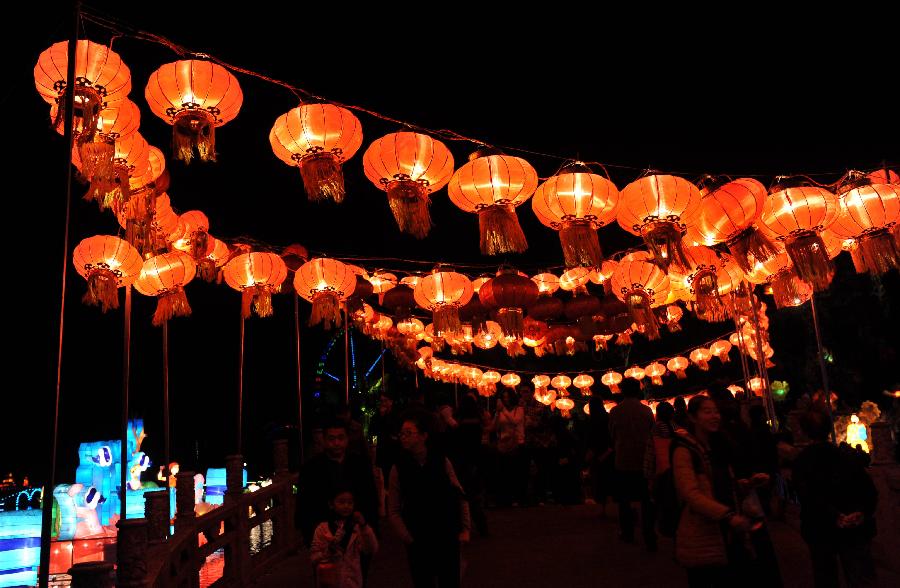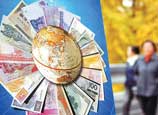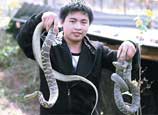
Four months later, Shandong Heavy said it had obtained the option to increase its stake in Kion Group to one-third, further tightening its grip on the company.
It's not only about Shandong Heavy. Last year, Chinese companies bought a number of their German rivals, in which they could gain access to technology, distribution and branding.
In early 2012, Changsha-based Sany Heavy Industry Co Ltd announced the spending of 360 million euros to buy German concrete pump maker Putzmeister, and in March last year, German car parts maker Kiekert said it was being bought by Chinese peer Hebei Lingyun.
In April, China's Xuzhou Construction Machinery Group agreed to buy a majority stake in privately held German concrete pump maker Schwing.
"We expect more Chinese purchases in Germany in the coming years, and the high-end manufacturing and processing industries and high-tech machinery industries will be highly targeted," said Wang.
"It's already a trend that is irreversible and unavoidable."
China is becoming an important investor in Germany. According to Germany Trade and Invest, 158 Chinese firms launched investment projects in Germany in 2011, compared to 110 from the United States, 91 from Switzerland and 53 from France.
A recent survey by PriceWaterhouseCoopers showed China's investment in the European Union by value in 2011 surpassed that from the European Union into China. And Germany, among the European countries, was the hottest spot for Chinese investors.
Chen Yongwu, general manager of Zoje Europe GmbH, said, "We expect the Chinese investment wave in Germany still to be there in the next five to 10 years."
As the world's leading industrial sewing machine maker, Zhejiang-based Zoje has completed two acquisitions deals in Germany, and is considering another new deal there.




















![]()
